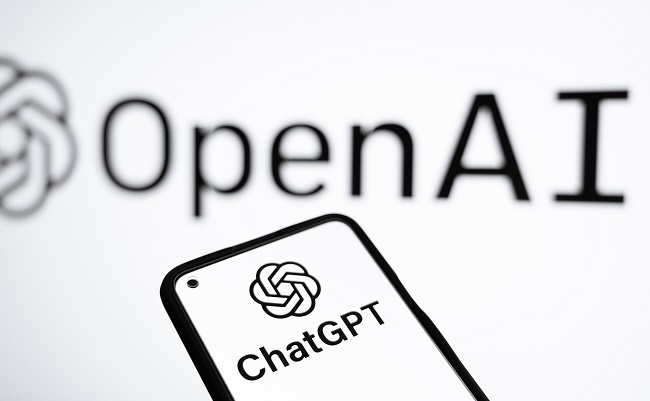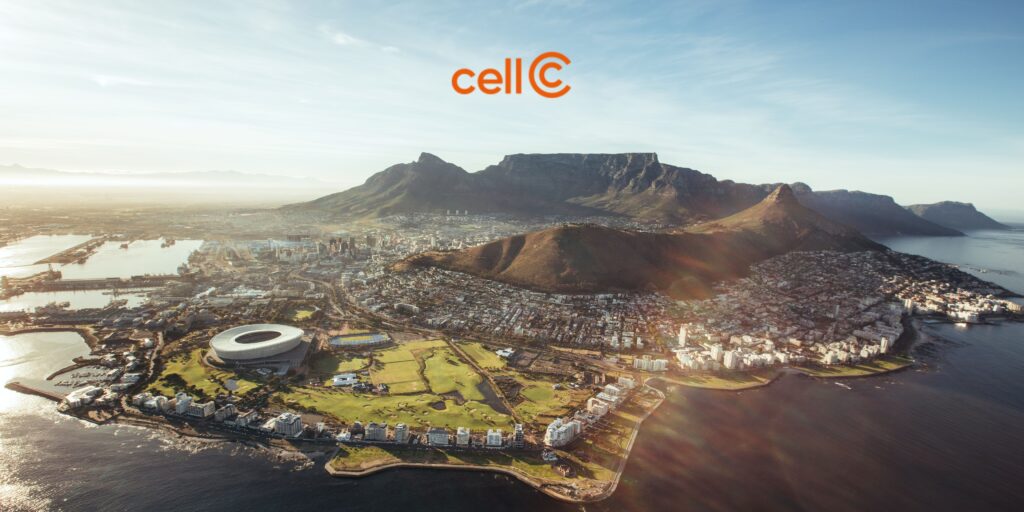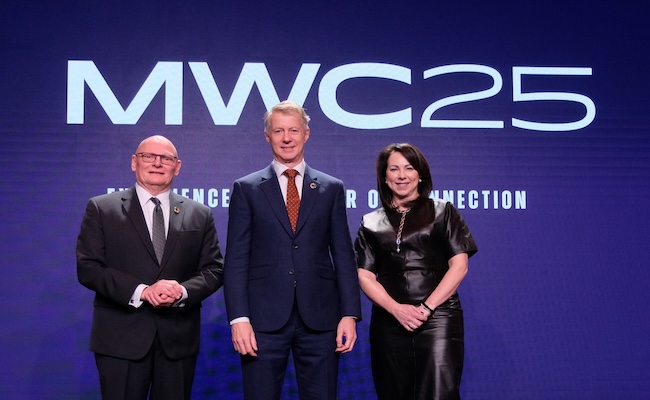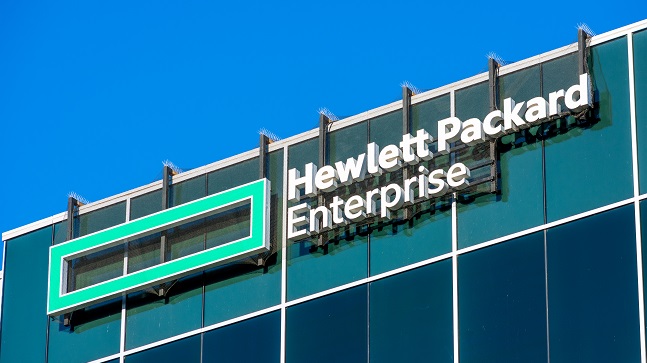LIVE FROM MWC25 BARCELONA PREVIEW PRESS CONFERENCE: MWC event organiser the GSMA expects attendance at this year’s show to surpass 101,000 in 2024, with AI set to naturally be a dominant theme.
“We are expecting things to be even bigger and better,” said GSMA director general Mats Granryd (pictured, middle) at a media event in Barcelona ahead of the show which runs 3-6 March.
The economic impact of the show on the city this year is also expected to increase too, with early forecasts of €540 million-€550 million, up from €500 million it achieved last year. GSMA Ltd CEO John Hoffman (pictured, left) said the total economic impact since the event’s first Barcelona edition in 2006 could hit €7 billion.
Everything AI
AI is expected to feature heavily at the show, from keynoters such as Arthur Mensch, CEO and Co-Founder of Mistral AI, and AI ‘godfather’ Ray Kurzweil, to the launch of a test pilot program of AI live translations, provided by Mixhalo.
“This will allow attendees to experience real-time translations in French, Spanish, Korean, and Chinese across 11 of our stages,” stated GSMA CMO Lara Dewar (pictured, right).
“The AI conversation has evolved very quickly in the last twelve months and we have some of the biggest thinkers and disruptors speaking in this space,” added Dewar.
A total of 1,200 speakers will present across 19 stages, with 40 per cent of those female and 30 per cent from outside the telecoms industry.
Back after a pilot launch last year is the 2025 edition of Talent Arena, to be held at Fira Montjuic in partnership with Mobile World Capital (a public-private foundation set up by the GSMA in 2012).
“Talent Arena is an awesome space that brings together digital professionals, developers, global tech companies, and education institutions to create a hub for learning, networking and career development,” stated Hoffman.
“They also have an amazing line-up of speakers including Apple’s co-founder Steve Wozniak. We’re also really excited that the GSMA Open Gateway hackathon is back at Talent Arena, with developers’ testing their projects under realistic conditions on live networks with access to the latest network APIs. And we’ll also be hosting the Open Gateway DevCon at Talent Arena.”
Talent Arena’s new home of Fira Montjuic is where MWC first established itself in the city almost twenty years ago, and Hoffman explained that the most recent MWC venue at Fira Gran Via is now at capacity.
“That’s why we’re looking forward to the grand opening of Hall 0 in 2027,” he teased.
Old favourites
Elsewhere, familiar elements of the show are back. The GLOMOs will celebrate its 30th edition, while 4YFN (4 Years From Now) will once again take over Halls 8 and 8.1.
And the Ministerial Programme, the largest gathering of governments and leaders discussing the digital economy, will return after hosting over 180 delegations from 140 countries in 2024.
Plus, FC Barcelona’s Sports Tomorrow Congress, run by the Barca Innovation Hub, will return to Hall 6 and, in a first for this year, it will take exhibition space at 4YFN.
Open Gateway
The GSMA’s Open Gateway initiative will have a big push at the show, with a dedicated zone with six demo pods hosting 17 organisations.
“Nokia and Elmo cars will be there, showing us how you can drive a car remotely in Finland using open API technology,” noted GSMA boss Granryd.
Granryd added that since launch of Open Gateway two years ago – aimed at creating a unified API economy – almost 300 mobile networks are represented and three-quarters of global mobile connections have signed up to the initiative.
Mobile World Capital is also bringing 180 developers from Paris on a charter flight with Vueling, and 70 developers on a dedicated high-speed train from Madrid with Iryo. While they are on board the developers will compete in a hackathon.
Source: Mobile World Live











